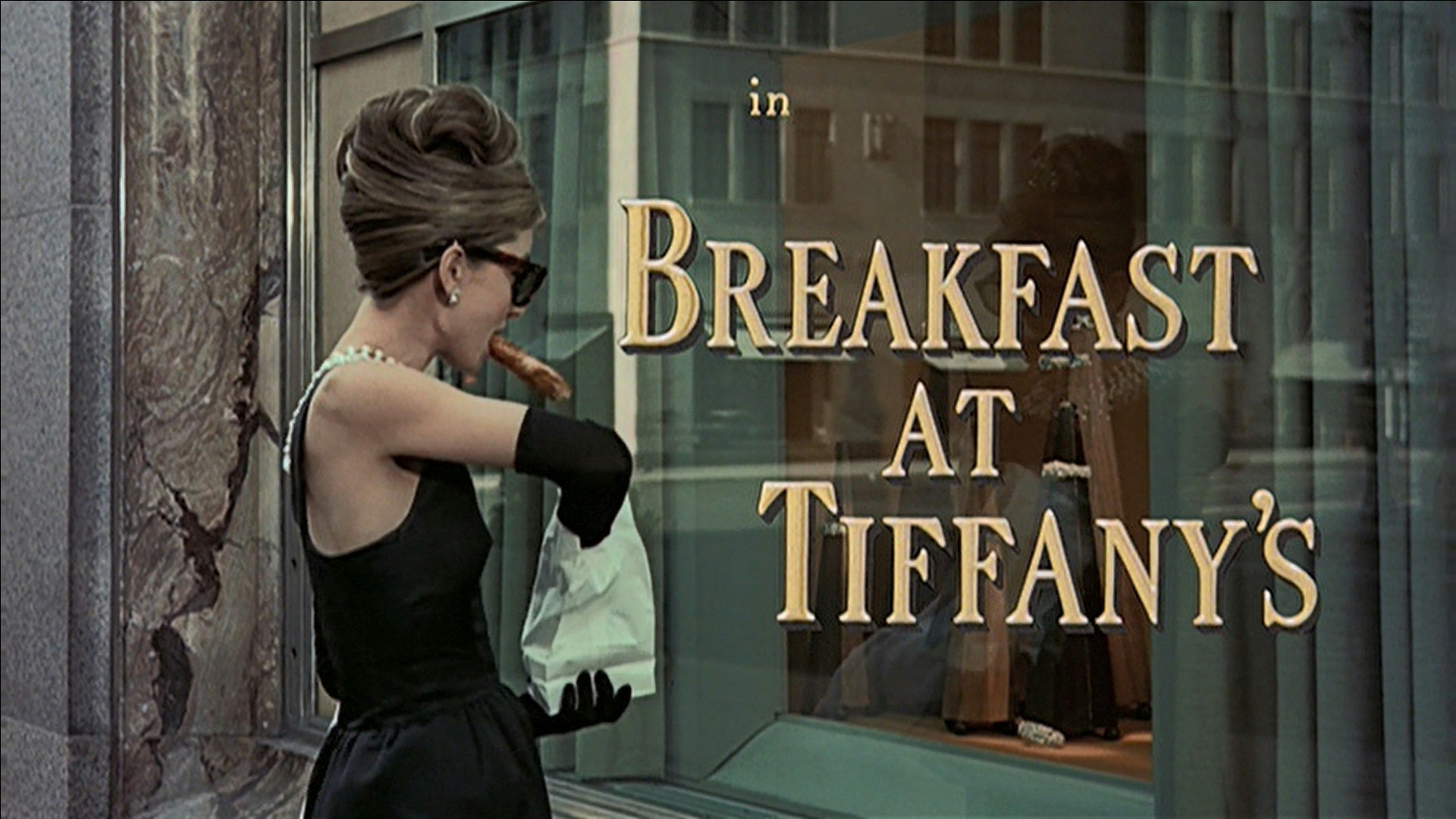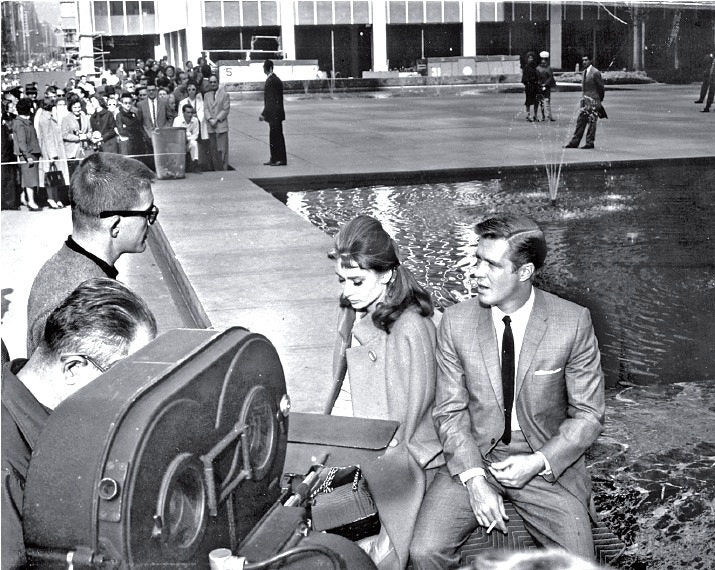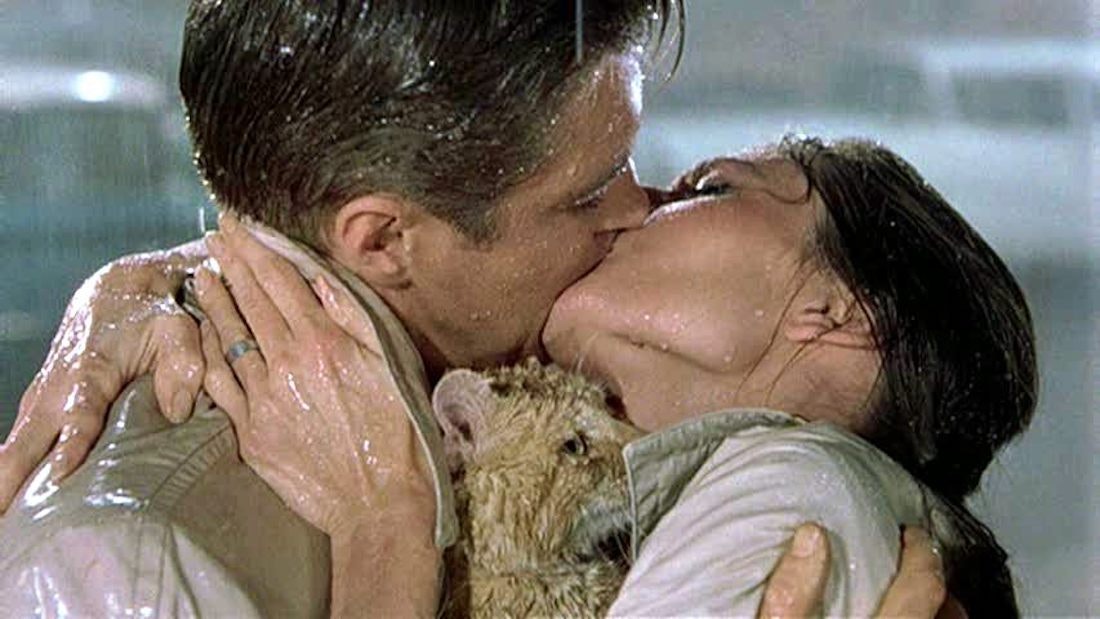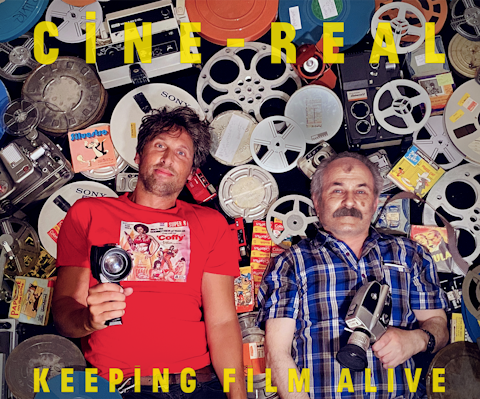BREAKFAST AT TIFFANY'S (1961)
BREAKFAST AT TIFFANY'S (1961)

On October 5, 1961, the Audrey Hepburn classic, Breakfast at Tiffany’s, premiered in New York. The film would go on to earn 5 Oscar nominations at the 34th Academy Awards, winning two honors for its music. The Hollywood Reporter’s original review is below:
An unusual love story, glamorous, sophisticated, with more than a touch of the bizarre. Breakfast at Tiffany‘s looks like a box office favorite. The Martin Jurow-Richard Shepherd production for Paramount has good names to add to its appeal, including an appealing performance by Audrey Hepburn. Blake Edwards directed.

The film bears only a slight resemblance to the Truman Capote novelette on which it is based. Capote’s work was a minor tragedy. The screenplay by George Axelrod turned the story into a romantic comedy. It has suggestions of grimmer moments, but they are played now only for contrast for what is, eventually, a happy ending. It will be disappointing to admirers of the Capote work, but they are few in number compared to those who will be attracted to and enjoy the film.
Miss Hepburn plays the central figure, a woman like many others in Manhattan, who dresses well and dines well, living chiefly on the “ladies room” change given her by her escort. If the escort of the evening thinks a $50 “tip” pays for something later, this is not how Miss Hepburn plays it. She is, the picture makes clear, immoral but virtuous. Her values undergo a change from her exposure to George Peppard, a young writer, who convinces her responsibility is less confining than her studied irresponsibility.

Edwards’ direction is smart; he has a way with fashionable comedy. Axelrod’s treatment of the Capote story is convincing in the changes it has made although some of his devices are disappointing, being overly familiar. The script is not altogether neat. No justification or explanation is ever made of why Peppard is being kept by a wealthy lady, except that he is a writer and writers, presumably, get involved in things like that.
Miss Hepburn is responsible to a great degree for the credibility of her complex character and gives a winning portrayal. Peppard virtually overcomes the script deficiencies in his character, because he is an exceptionally virile young leading man who achieves the aura of manliness without sweat. Patricia Neal is strong as Peppard’s lady friend. Martin Balsam gives a wonderfully flexible portrait of a Hollywood agent. Buddy Ebsen has charm as Miss Hepburn’s whilom husband. Mickey Rooney gives his customary all to the part of a Japanese photographer, but the role is a caricature and will be offensive to many. Others helpful include Villanoga, John McGiver, Dorothy Whitney, Stanley Adams, Elvira Allman and Alan Reed.

Franz Planer’s Technicolor photography is beautifully balanced, the color for once the same tones throughout, whether exteriors or studio shots. Hal Pereira and Roland Anderson have done imaginative settings, with good set decoration by Sam Comer and Ray Moyer. Sound by Hugo Grenzbach and John Wilkinson is first-rate, and William McGarry’s editing is excellent. Henry Mancini’s score is another plus. — James Powers, 1961
